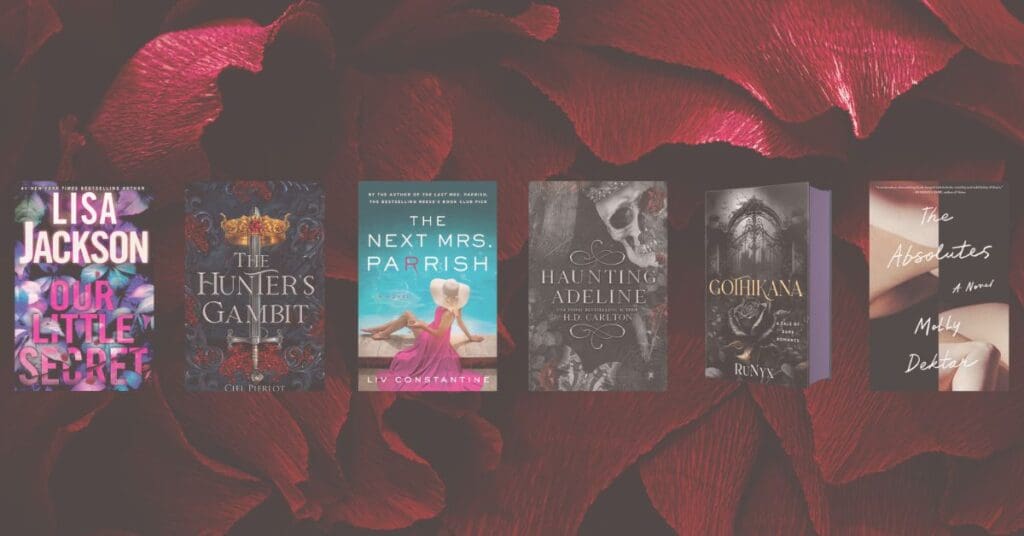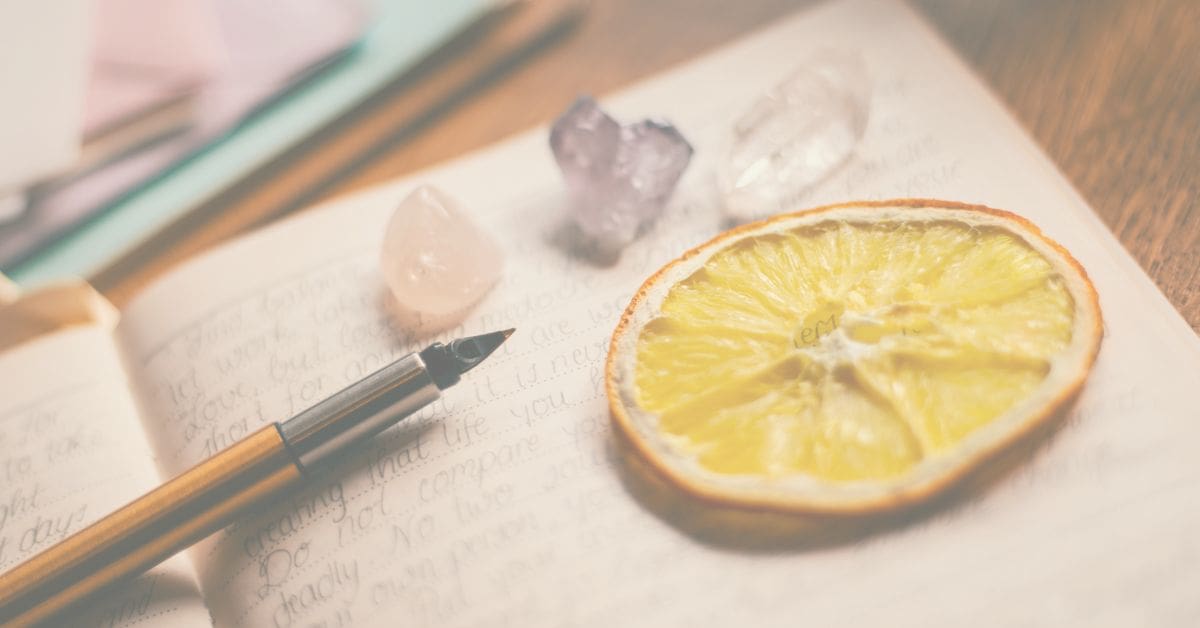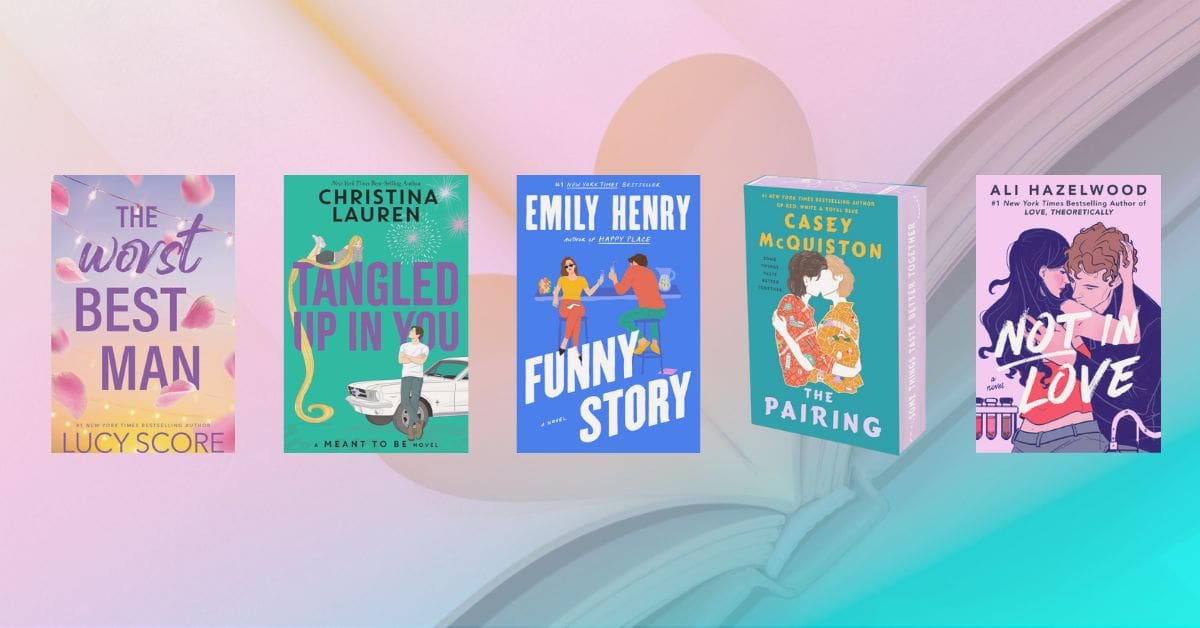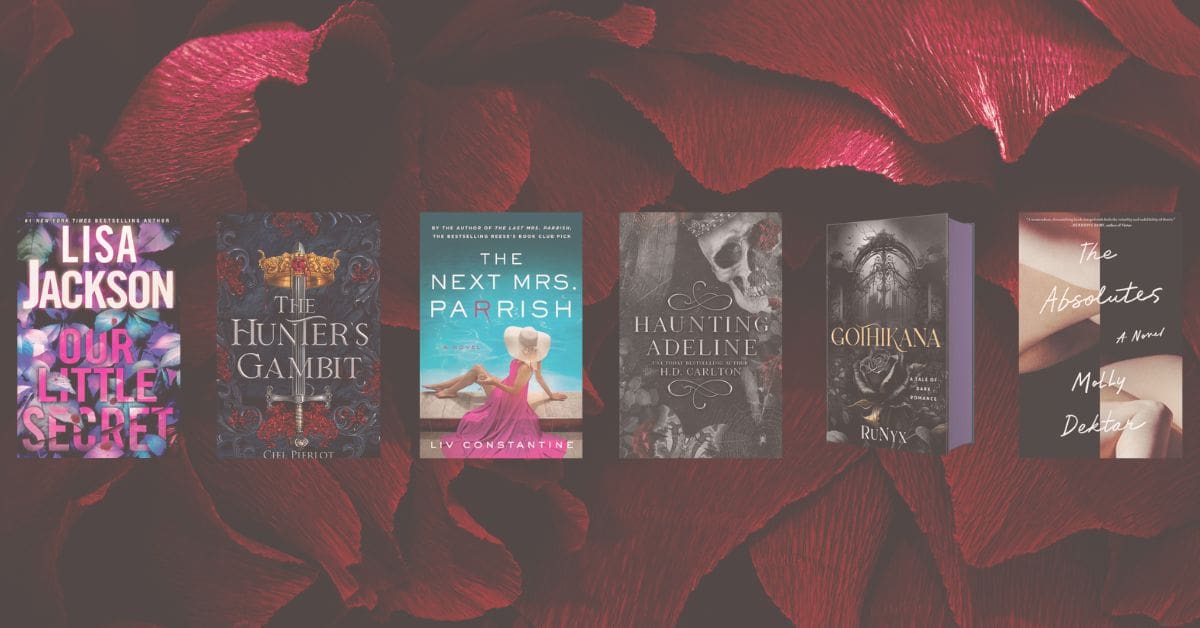Writer’s Block, our old nemesis. We will not be bested by you.
Let’s just call a spade a spade: many writers spend more time not writing than they do writing. Sure, there are days for each of us when the words pour out. We aren’t talking about those days here. We’re talking about the days when we feel the urge to write, but when we sit down to an empty page, we come up blank. It’s like we forgot how to do it, lost our voice, missed the point.
The highs of the mysterious floods of inspiration are only matched by the lows of that too-common, crushing inability to write.
It’s perfectly normal (and even healthy) to encounter periods where you can’t work or create. If writer’s block has overstayed its welcome and you’re looking to jumpstart that productivity again, these are our tried and true writer’s block remedies.
Check in with your health and wellness
As the brilliant Maya Angelou said, “Nothing will work unless you do.” She wasn’t wrong. But there’s an inherent flaw in the compulsion we can feel that we have to work ourselves to the bone — in the assumption that being a writer means proving your value by always working, churning out new ideas or new poems, submitting your work to publishers, or thinking of your next book idea. There’s a whole culture of discourse around that idea… And it’s wrong.
The fact is, human beings have to take care of themselves. It’s hard to write — and even worse to shame yourself for not writing — when you’re sick, dealing with family obligations or working at a full-time job.
Sometimes you simply need to take care of yourself. When your energy is calm, when your body has what it needs, and when your soul is nourished — with love and rest and proper care — it can begin to download ideas from whichever divine place they’re kept. Hustle is important, but not at the expense of your health.
Creativity is an energy, but it can only move through you if there are no blocks. Of course, there are writers who feed on dysfunction and pain to write — and that may work, too. God knows there’s no shortage of pained writers and poets! But that doesn’t have to be the case for everyone.
Determine and define what creative health looks like for you, and work from that place of equilibrium.
Lean into the silence
Sometimes when we have nothing to write, it’s because we’re formulating. We’re feeling. We’re experiencing life. Or maybe we’re processing an event or trauma. That’s not writer’s block. That’s a normal part of a healthy creative process.
Perhaps we’ve taken a proverbial mental polaroid of a time in our life, but it hasn’t fully developed yet. It’s okay to let the silence fill up
Use a writing prompt
There are so many amazing writing prompts out there. For example, you might use Noor Unnahar’s poetry journal or perhaps you need to read the words of other writers to jumpstart an idea.
Some great quotes are here and here’s a brilliant list of Ted Talks for writers.
Here’s a prompt I wrote recently — about human connection with nature. I didn’t expect it to reveal something much deeper to me, but it did. You’ll be surprised what you learn about yourself when you free-write.
Translate Your Emotions
One of the problems writers face is wanting to write because we feel something. Is it lust? Nostalgia? Loneliness? At times, we can’t put our finger on it. It’s too nuanced, or perhaps we’re not letting ourselves feel the whole feeling. It slips right past us. Or we push it away. Refuse to confront it. And for that avoidance, we pay with our creative energy.
It’s nearly impossible to write when you’re pretending to feel something or not letting yourself feel anything; the work will feel inauthentic. The result may be dissatisfying, for both you and your readers. Sometimes journaling before writing poetry can help you unlock the foundation of your feelings.
Here’s a prompt I recently wrote:
Create an inspiration toolkit
Create a diary of your favorite lines. In the diary, use colored pens and markers to make beautiful reminders of those lines and words. Decorate it with glitter or dried rose petals. Make lists of things that inspire you: colors, songs, places, moods. Return to it whenever you need to.
Read your favorite works
One of the best ways to undo “writers block” is to read the works of writers you love. What is it that you love about them? The voice? Their stories? Tap into that — spend a whole day reading and loving language. When the well feels like it’s filled up with appreciation and inspiration, you’ll know.
I love to read Anaïs Nin. Her works always remind me of vulnerability and truth and sensuality.
As Anaïs Nin says above, the journey to our inner selves is an important one. It’s where we hold up a mirror to ourselves and ask:
What am I here to do? What do I want to say in my work? What does my writing stand for? Why am I creative? What do I have to give — to society, to myself?
Take it from me. I write creatively about three months out of the year; the rest of the time I’m either waiting for ideas, taking a break from writing, or simply not worrying about it. That last part took a while to learn.













